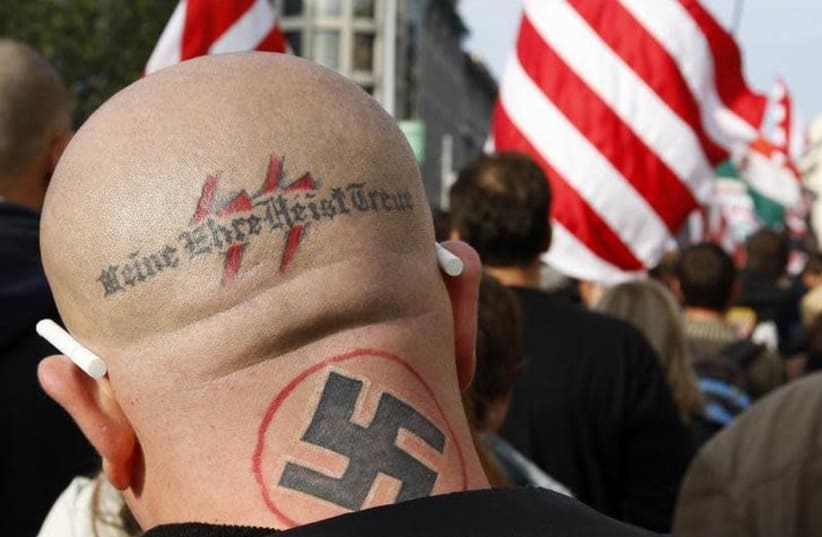The 2019 FBI annual Hate Crime Statistics Act (HCSA) report indicated that last year was the deadliest on record with at least 51 hate crime murders, a significant increase on the 24 recorded in 2018. Likewise, the total number of hate crimes rose to 7,314, the fourth rise in the past five years, after briefly declining in 2018. Religion-based hate crimes rose by 7%, while for the Jewish community, 63% of the total number of reported religion-based hate crimes were directed against the community.
“When one individual is targeted by a hate crime it hurts the whole community—that’s why people are feeling vulnerable and afraid,” said ADL CEO Jonathan Greenblatt.
“We urge Congress to immediately pass the Jabara-Heyer NO HATE Act to improve hate crime training, prevention, reporting and best practices,” Greenblatt added.
Some 50% of all hate crimes were race-based, particularly against the African-American community amid ongoing protests and anger over alleged police brutality. The most common hate crime remains race-based, as it has been since the FBI began recording data almost three decades ago.
Similarly, there was a 14% increase in anti-Jewish hate crime, rising from 835 in 2018 to 953 in 2019, while the Hispanic community saw a rise of 9%, the fourth straight year of escalating numbers compared 2008. Gender-based hate crimes also saw a rise of 18% in 2019, following a 41% rise in 2018.
“The total severity of the impact and damage caused by hate crimes cannot be fully measured without complete participation in the FBI’s data collection process. We are working with our partners to improve hate crime data reporting. While some of the increase in 2019 may be the product of better reporting in some jurisdictions, it is critical to improve training at local law enforcement agencies across the country," Greenblatt added.
"We also need to remove the barriers that too often prevent people in marginalized communities – the individuals most likely to suffer hate crimes – from reporting hate-based incidents in the first instance. In this pivotal moment in our national conversation about the importance of justice for communities of color, religious minorities, and the LGBTQ+ community, we must make combating hate crimes a top priority,” he concluded
